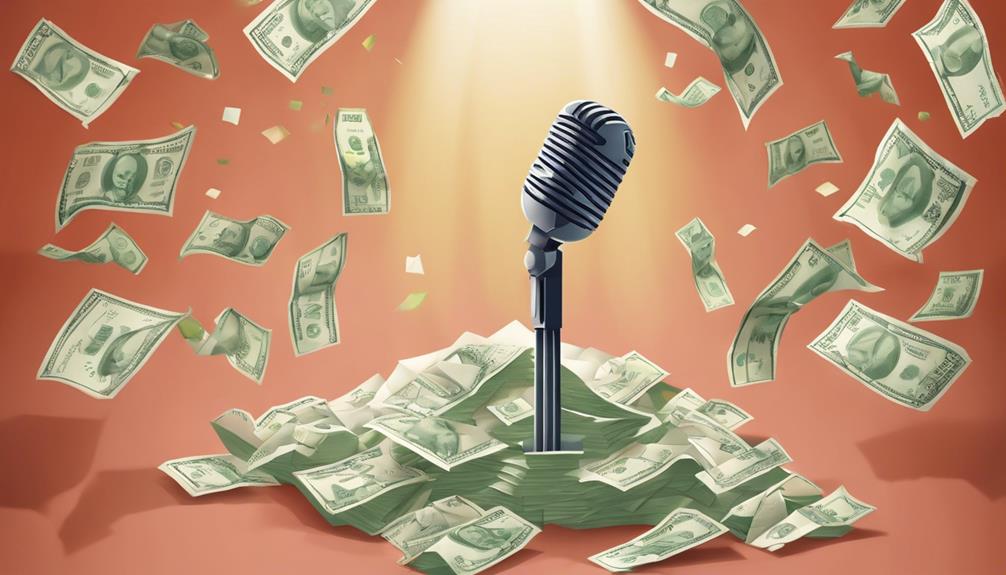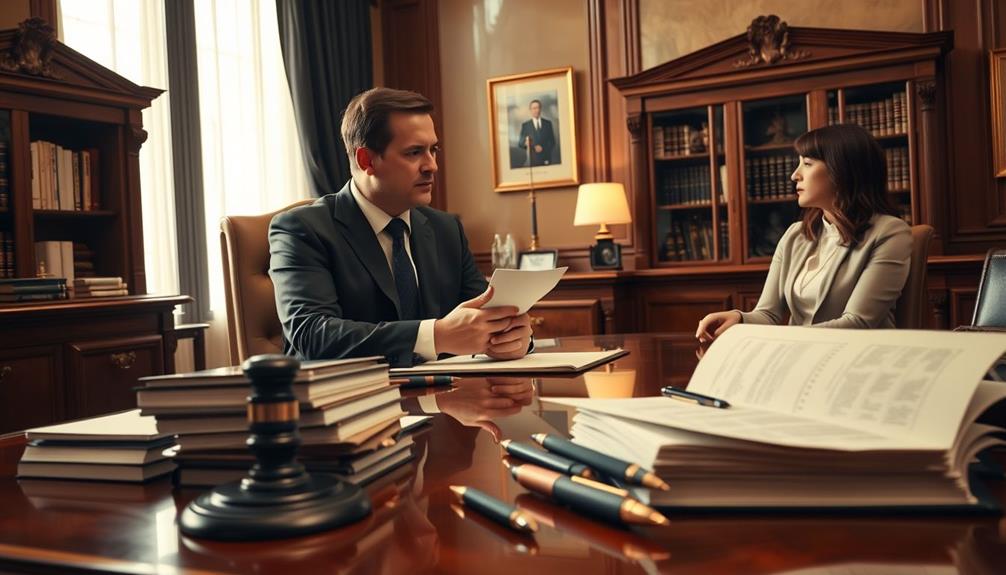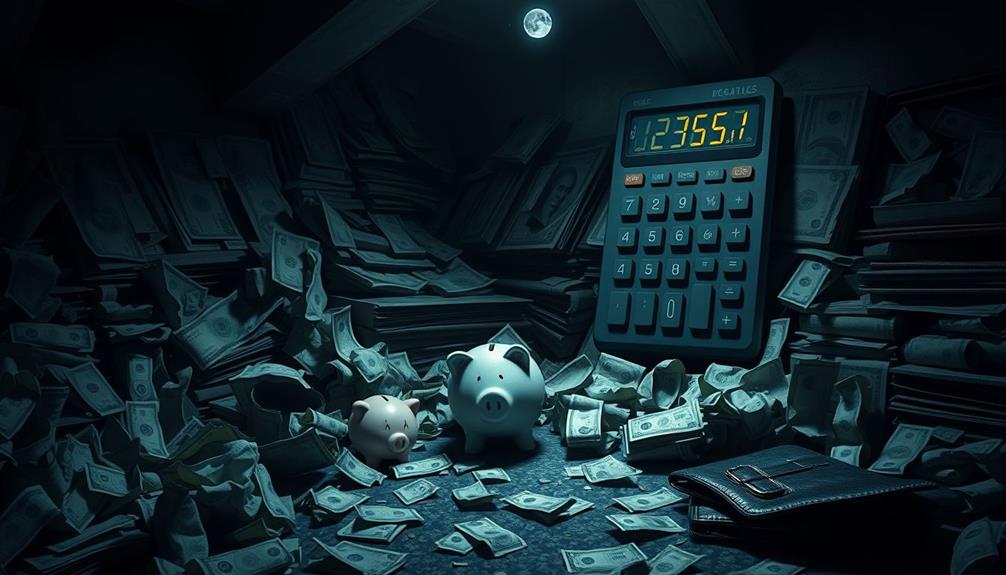When you work with a speakers bureau, you can expect to pay anywhere from $2,500 to $50,000 or more, depending on factors such as the speaker's experience, demand, industry recognition, and the type of audience they'll be addressing. The speaker's profile and reputation also play a significant role in determining their fee. Additionally, logistical support, commissions, and markups influence the final cost. As you navigate the process, understanding how these factors interact will help you make well-informed decisions. By digging deeper into these details, you'll uncover the value behind the fees and make sure you're getting the right speaker for your event.
Key Takeaways
- Speaker fees vary widely, ranging from $2,500 to $50,000+, with negotiating starting fee typically around $2,500.
- Factors like speaker experience, demand, industry recognition, and audience influence fees, with customized structures recommended for specific industries and audiences.
- Established industry experts command premium speaking fees due to their experience, credibility, and unique insights.
- Bureaus take a 20-30% commission on speaking fees, covering operational costs, marketing efforts, and sales representatives' influence on booking decisions.
- Understanding revenue generation and commission structures helps in making informed decisions when working with speakers bureaus.
Understanding Speaker Fees
When you're considering hiring a speaker or becoming one yourself, understanding speaker fees is vital, as they can vary widely depending on factors like experience, industry, and audience. You might be surprised to learn that speaker fees can range from $2,500 to $50,000+, making it important to have a clear understanding of what you're getting for your money.
Negotiating is common, especially for beginners, with a starting fee ballpark around $2,500. To get a better sense of what you should be paying, consider using a speaker fee calculator, which takes into account industry, event type, and speech content. Customized fee structures based on industry and audience are recommended to provide value and transparency.
Factors influencing speaker fees include industry, event type, speech content, opportunities for future business, travel expenses, and accommodations. By understanding these factors, you'll be better equipped to negotiate a fair fee that reflects the value you're getting. Remember, industry standards are just a starting point, and it's important to prioritize value and transparency when determining speaker fees.
Factors Affecting Bureau Fees
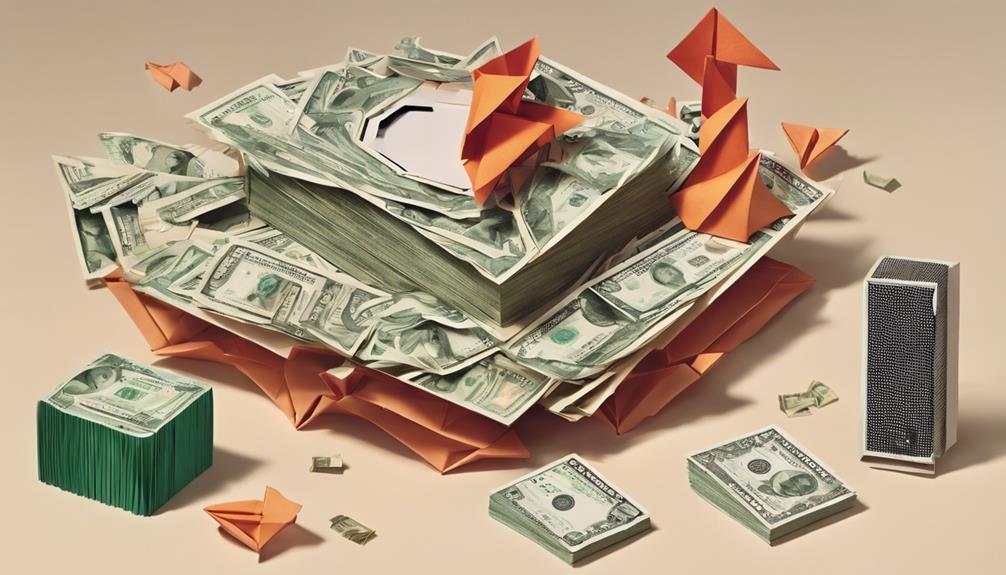
Understanding the bureau fees is crucial, as they're influenced by a combination of factors, including speaker experience, demand, and industry recognition, which all impact the final cost. These factors contribute to the overall speaking fees, which can vary greatly depending on the specific industry and event requirements.
For instance, a speaker with extensive experience in a particular field may command a higher fee due to their industry recognition and expertise. Additionally, the level of customization, exclusivity, and additional services provided by the bureau can also impact the fee structure.
You may encounter additional costs for speaker support materials, recording rights, and specific payment terms. Recognizing these factors is important as bureau fees can range from a few thousand dollars to tens of thousands, depending on the speaker's profile and event requirements.
Speaker Profile and Reputation

As you explore the world of speakers bureau fees, you'll find that a speaker's profile and reputation play a significant role in determining their fees.
Established industry experts, for instance, can command higher fees due to their extensive experience and credibility in their field.
When considering a speaker's unique value, you'll want to assess their reputation for delivering impactful presentations and their ability to provide unique insights that set them apart from others.
Established Industry Experts
Established industry experts, backed by their impressive track records and esteemed reputations, command premium speaking fees that reflect their unparalleled expertise and ability to captivate audiences. As a result, you can expect to pay higher fees for these seasoned speakers.
Their extensive experience and credibility in their field have earned them a reputation that's hard to match. With a proven track record of successful speaking engagements, they've built a loyal following and can deliver impactful presentations that engage audiences effortlessly.
Event organizers are willing to pay a premium for these experts because they know they'll get valuable content that resonates with their audience. The demand for industry experts as speakers contributes to their higher fees, reflecting their expertise and ability to deliver valuable insights.
With industry recognition, awards, and accolades often under their belt, these speakers can charge higher fees that reflect their esteemed reputation. As you consider hiring a speaker, keep in mind that established industry experts are worth the investment, given the value they bring to your event.
Speaker's Unique Value
Your speaker's unique value is directly tied to their profile, which showcases their expertise, experience, and industry recognition, ultimately influencing their speaking fees and marketability. As you establish yourself as a speaker, your reputation plays a significant role in determining your value.
Established speakers command higher fees based on their track record, and their unique value is showcased through testimonials, past speaking engagements, and the impact they've had on audiences.
Here are three key factors that contribute to a speaker's unique value:
- Expertise: A speaker's specialized knowledge and skills in their industry or field.
- Experience: The speaker's history of successful speaking engagements and the impact they've had on audiences.
- Industry Recognition: The speaker's reputation and accolades within their industry, including awards, publications, and media appearances.
A speakers bureau considers these factors when determining a speaker's fees and marketability. By building your profile and reputation, you can increase your value and attract higher-paying speaking engagements.
Logistical Support and Services

When planning an event, you can rely on speakers bureaus to provide logistical support, saving you time and effort by handling everything from speaker search to audio equipment setup. This support includes scheduling pre-event calls to discuss themes and objectives, ensuring that everyone is on the same page.
They'll also handle contract negotiations, travel arrangements, and liability protection, taking a significant burden off your shoulders. As an event organizer, you can rest assured that the bureau will vet speakers for quality and reliability, providing assurance of speaker credibility and performance consistency.
Plus, in case of last-minute cancellations, they can provide backup speakers, offering risk mitigation and peace of mind. By outsourcing these logistical tasks, you can focus on the bigger picture, knowing that the details are being taken care of.
With a speakers bureau, you can breathe easy, knowing that your event will run smoothly and successfully.
Bureau Commission and Markups
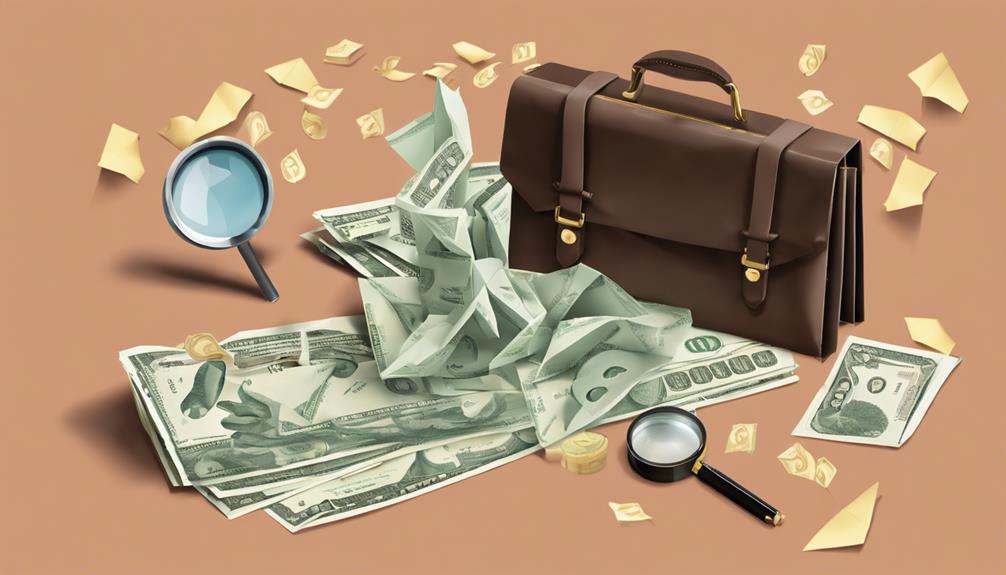
You'll likely want to understand how speakers bureaus make their money, and it starts with their commission structure. Speakers bureaus typically take a commission ranging from 20-30% on speaking fees. This commission is earned from both inbound and outbound leads brought in by the bureau.
Here are three key points to keep in mind:
- Commissions are earned on both inbound and outbound leads, which means bureaus benefit from both new and existing relationships.
- Markups may be added to cover operational costs, such as marketing efforts and administrative expenses.
- Sales representatives manage the booking process, often preferring speakers with higher fees, which can impact the overall cost.
It's essential to understand that markups can be added to speaker fees to cover operational costs and marketing efforts. Sales representatives play a significant role in the booking process, and their preferences can influence the final cost. By grasping how speakers bureaus generate revenue, you'll be better equipped to navigate the process and make informed decisions about your speaking engagements.
Travel Expenses and Arrangements

Speaker bureaus often factor in travel expenses and arrangements when determining speaker fees, which can greatly impact the overall cost of an event. You should expect these costs to include airfare, accommodation, ground transportation, and per diem expenses.
Understanding the scope of travel requirements is essential for accurate fee calculations. As you work with a speaker bureau, be aware that some speakers may have specific travel preferences or requirements that can impact overall costs. For instance, they might require a certain airline or hotel chain, which could affect the final bill.
To manage expenses, it's vital to negotiate travel arrangements upfront. This ensures that you're aware of all costs involved and can plan accordingly. By doing so, you'll be able to manage expenses more effectively, ensuring a smoother and more successful event.
Additional Services and Add-ons

Beyond the speaker's fee, many speakers bureaus offer a range of additional services and add-ons that can greatly enhance the overall event experience. These services can help you maximize the potential of your event and guarantee a memorable experience for your attendees.
Some of the additional services you can expect from speakers bureaus include:
- Speechwriting and presentation coaching to help your speaker craft a compelling message and deliver it confidently.
- Marketing support to promote your event and drive attendance.
- Logistical support for travel arrangements, accommodation bookings, and on-site event coordination.
Additionally, some speakers bureaus offer specialized add-ons like virtual event hosting, webinar facilitation, and online platform management.
You may also have access to exclusive networking events, industry-specific training, and professional development opportunities. These extras can add significant value to your event and help you achieve your goals.
Evaluating Value and Benefits

As you weigh the costs of working with a speakers bureau against the benefits, consider how their services can enhance the overall impact of your event. By partnering with a bureau, you'll gain access to professional speakers who can tailor their message to resonate with your specific audience. This can lead to more engaging speaking engagements, increased attendee satisfaction, and a more memorable event.
Event planners, in particular, appreciate the value bureaus bring regarding logistical support, freeing up their time to focus on other aspects of the event. Additionally, bureaus mitigate risks by providing backup speakers in case of cancellations and handle all aspects of keynote preparation, including travel arrangements and setup.
When considering speakers fees, remember that bureaus provide a level of quality control, ensuring that only exceptional speakers are represented. With the rise of virtual presentations, bureaus can also help you navigate the complexities of online events.
Frequently Asked Questions
What Percentage Does a Speaker's Bureau Take?
You're wondering what percentage a speaker's bureau takes? Typically, they take a 20-30% commission from a speaker's fee, covering sales reps, staff, and marketing efforts, which can vary depending on the bureau and speaker agreements.
What Is a Reasonable Speaker Fee?
Imagine a price tag on your expertise – what's it worth? For you, a reasonable speaker fee might be $2,500, considering your experience, industry, and audience, with room for negotiation, especially if you're just starting out.
How Do You Determine Your Speaker Fee?
When determining your speaker fee, you'll consider your experience, the event's industry and size, and the value you bring. You'll also research similar speakers and negotiate with clients to find a mutually beneficial rate that reflects your worth.
How Do Speaker Bureaus Work?
You'll work with a speaker bureau that connects you with event organizers, handling bookings and negotiations, and taking a 20-30% commission on your fee; they'll promote you to their network, and you'll need a solid bio, promotional materials, and business plan.
How Do Speaker Bureau Fees relate to Modern Vernacular and Understanding Modern Language?
Speaker bureau fees can vary depending on the speaker’s popularity and demand. Understanding modern language and exploring modern vernacular insights can be essential for connecting with audiences. Speakers who can effectively communicate using current language trends may command higher fees due to their relevance and ability to connect with modern audiences.
Conclusion
As you explore the world of speakers bureaus, keep in mind that their fees are like the iceberg's hidden bulk – what you see on the surface is only a fraction of the total cost.
Like Odysseus steering through treacherous waters, you must map out your course carefully, considering all the factors that impact bureau fees.
By doing so, you'll avoid hidden surprises and guarantee that your event is a success, with a speaker who shines like a beacon in the night, illuminating your audience with their words of wisdom.

